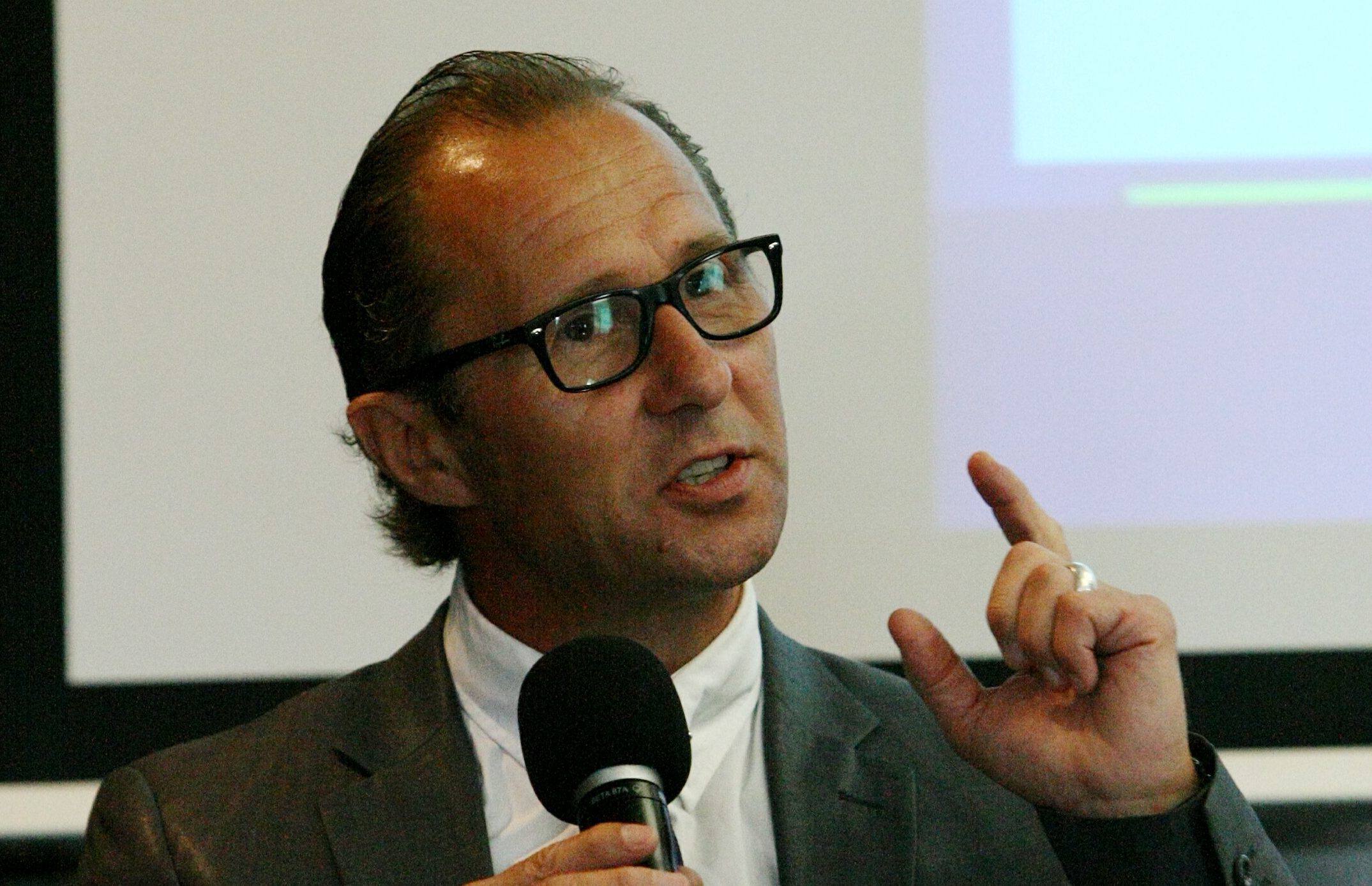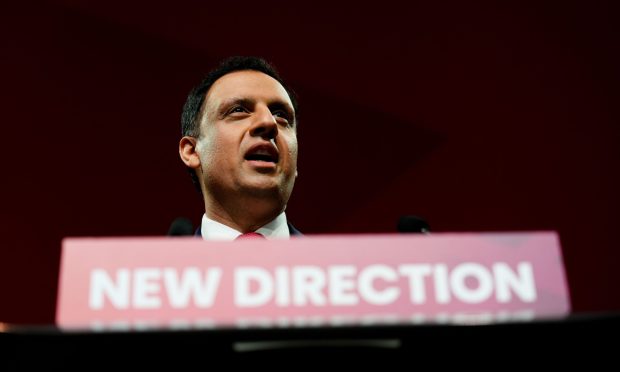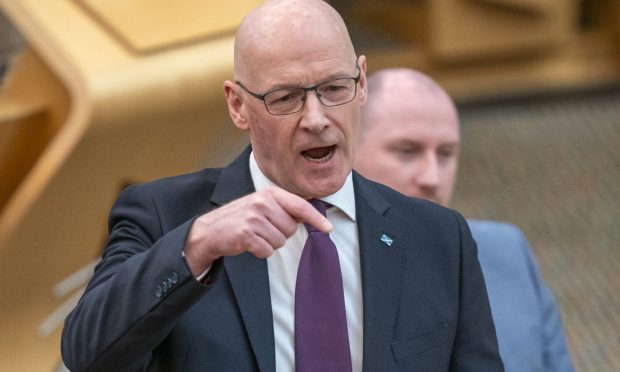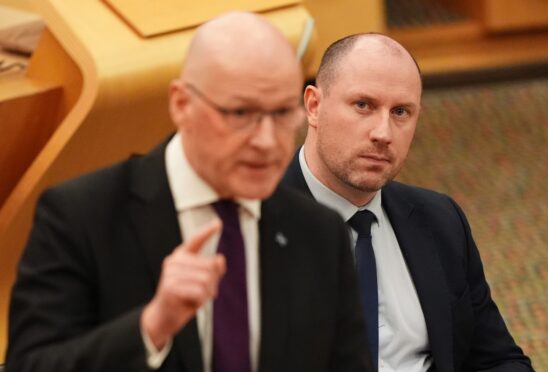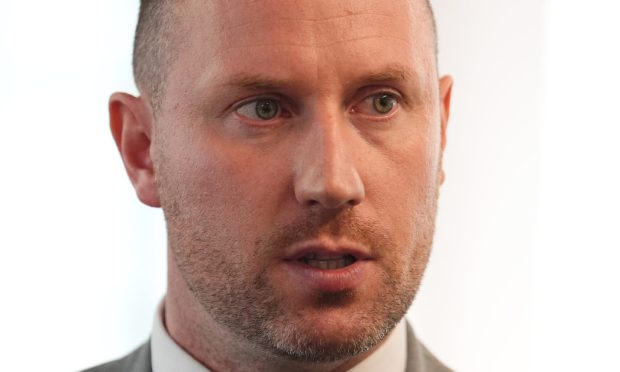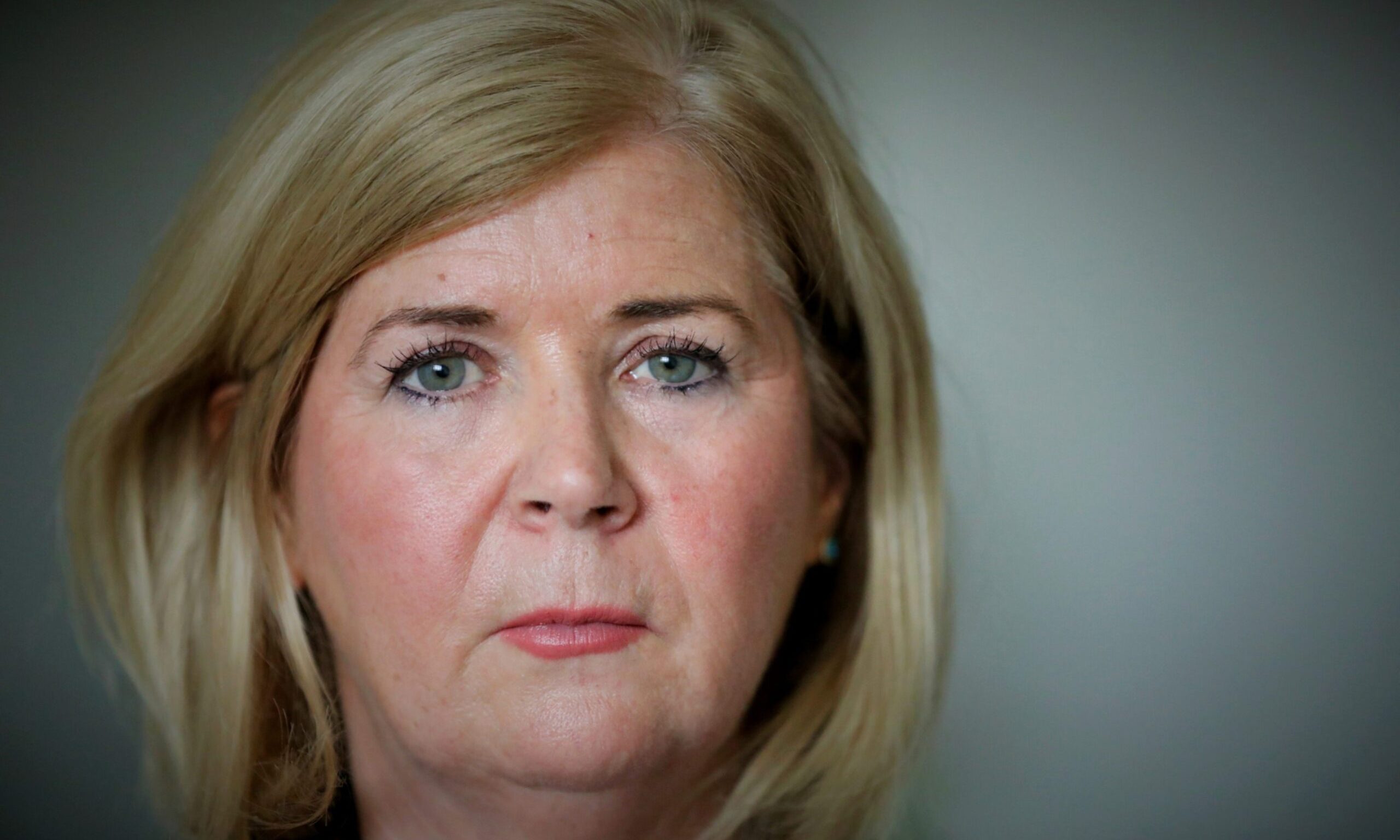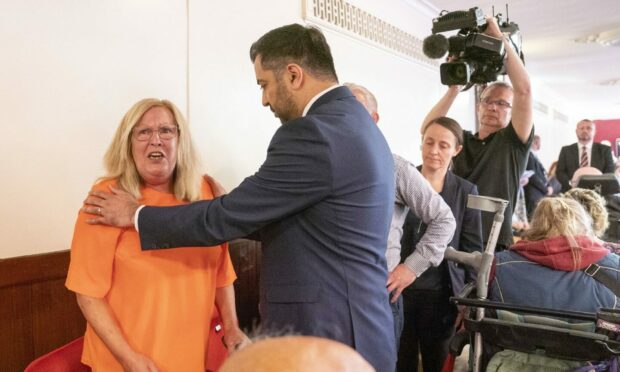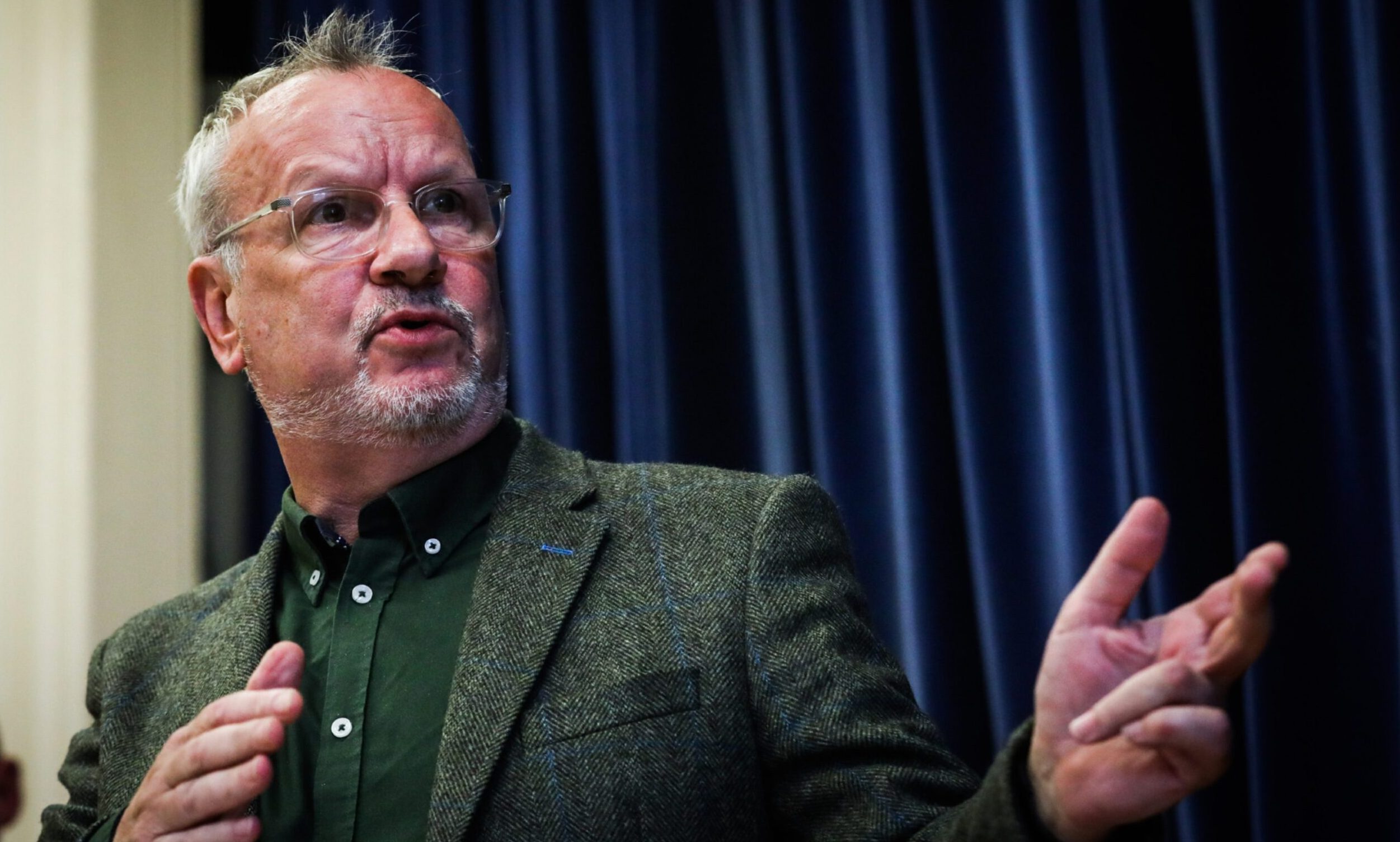The “reverse Greenland” precedent should “not be discounted” to keep Scotland in the EU, says a political scientist.
Constitutional experts told MSPs last month that independence is the “simplest and most obvious way” for Scotland to maintain its EU status.
But Matt Qvortrup, a Coventry University professor, said Greenland’s departure from the EU while remaining part of member state Denmark provides a clear legal precedent for Scotland.
The professor of Applied Political Science and International Relations also said the SNP could look to an Alaskan attempt to break away from the US to help them achieve Scottish independence.
Prof Qvortrup told a Brexit Briefing events hosted by The Courier that the Greenland option “should not be discounted” with Denmark keen to support the bid.
“The precedent legally speaking could be used to give Scotland a status akin to that of Denmark,” he said. “Interestingly Danish politicians have talked about that because they have an interest also in getting another, for want of a better word, progressive country into the EU which will maintain voting balance and so on.
“The Greenland option is therefore still a possibility.”
The Greenland precedent was raised by The Courier in February and senior EU officials have confirmed that there is an option to redraw member state’s borders so only Scotland would be subject to EU treaties.
That happened in the 1985 Greenland Treaty, which saw the devolved government in Greenland secede from the EU but still remain a part of Denmark.
Prof Qvortrup also raised the possibility of the SNP relying on a tactic deployed by Alaskans who want to break away from the US.
The White House responds to any petition that receives 100,000 signatures in 30 days. The bid from Alaskan separatists did not achieve that amount, but Prof Ovortrup said the SNP could base their indyref 2 ambitions on a similar groundswell of grassroots support.
“The Alaskan option might be a way for the SNP to find a way of triggering a referendum without getting the blame for perceiving to be gung-ho for a second independence referendum,” Prof Qvortrup said.
He added that it was possible Brexit may not happen at all, with either a Conservative or post-general election Labour leadership putting the outcome of EU negotiations back to a referendum.
“Perhaps there will be a negotiation and then go back to the people and say ‘so this is all we can get’,” he said.
“Do you want this or do you want to go back to the status quo? I think that is not likely but at least conceivable.”
Alex Bell, the former senior SNP adviser, said First Minister Nicola Sturgeon does not want a second independence referendum because she knows there are still serious flaws in the case for independence, such as surrounding which currency to use.
“The reason why she has not updated the White Paper is because there are big holes in it that she doesn’t know how to answer,” he claimed.
“She is hoping, fingers crossed, that time will provide some of those answers.”
